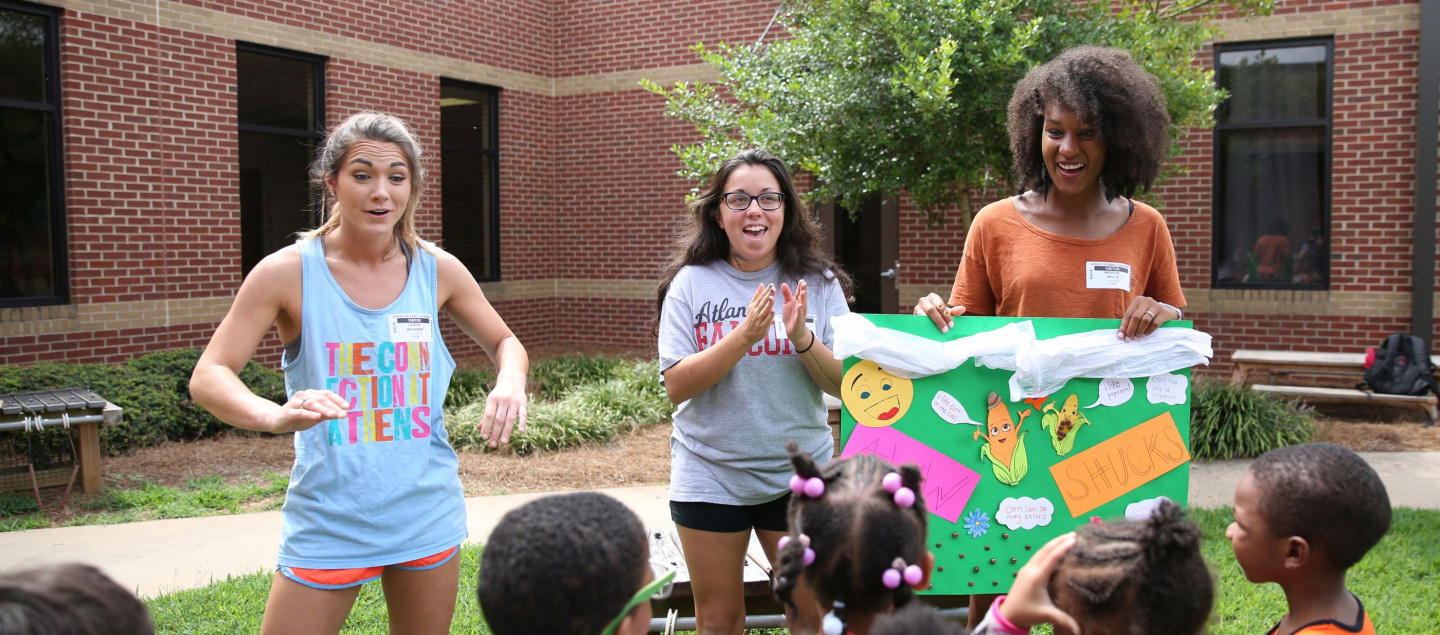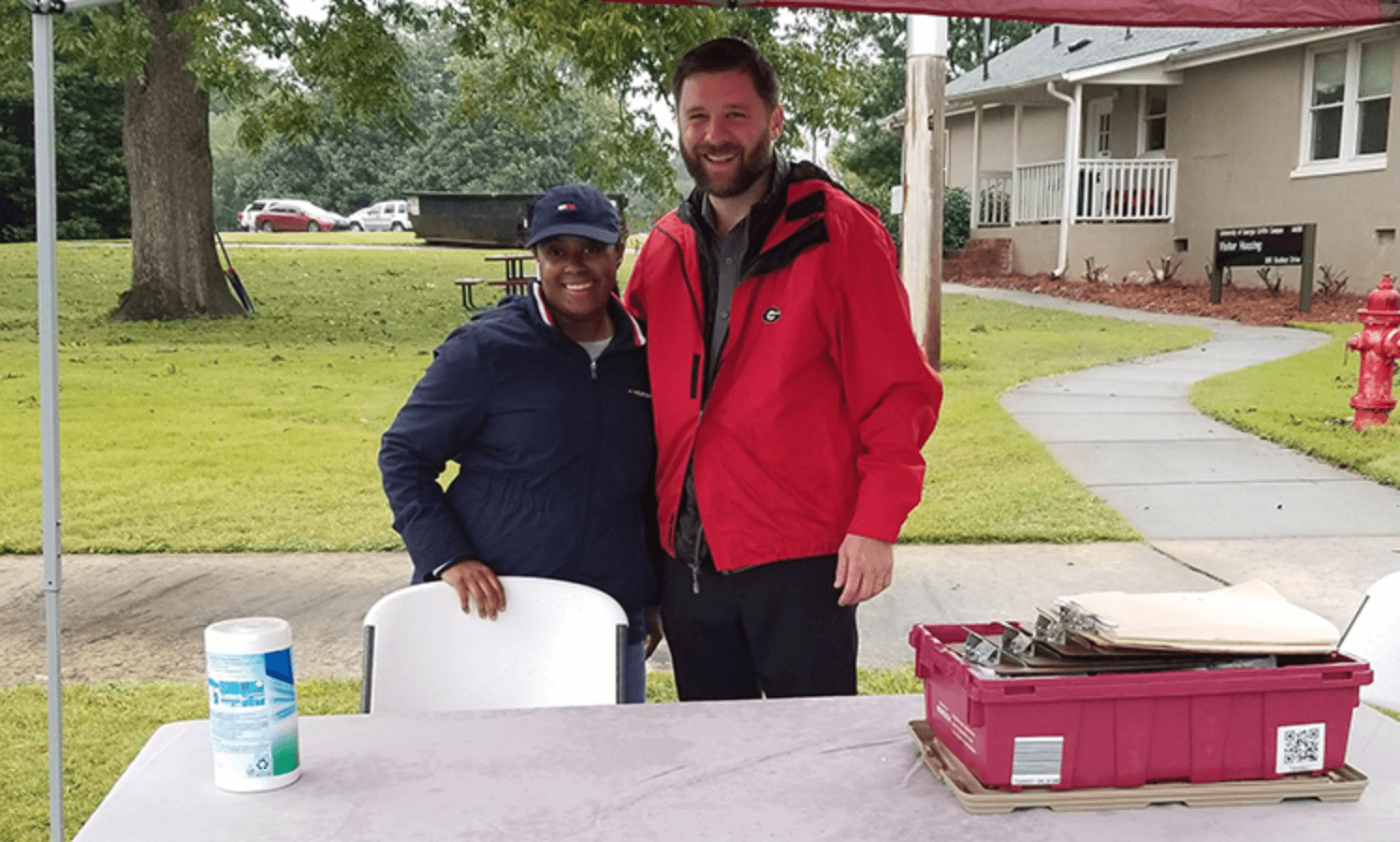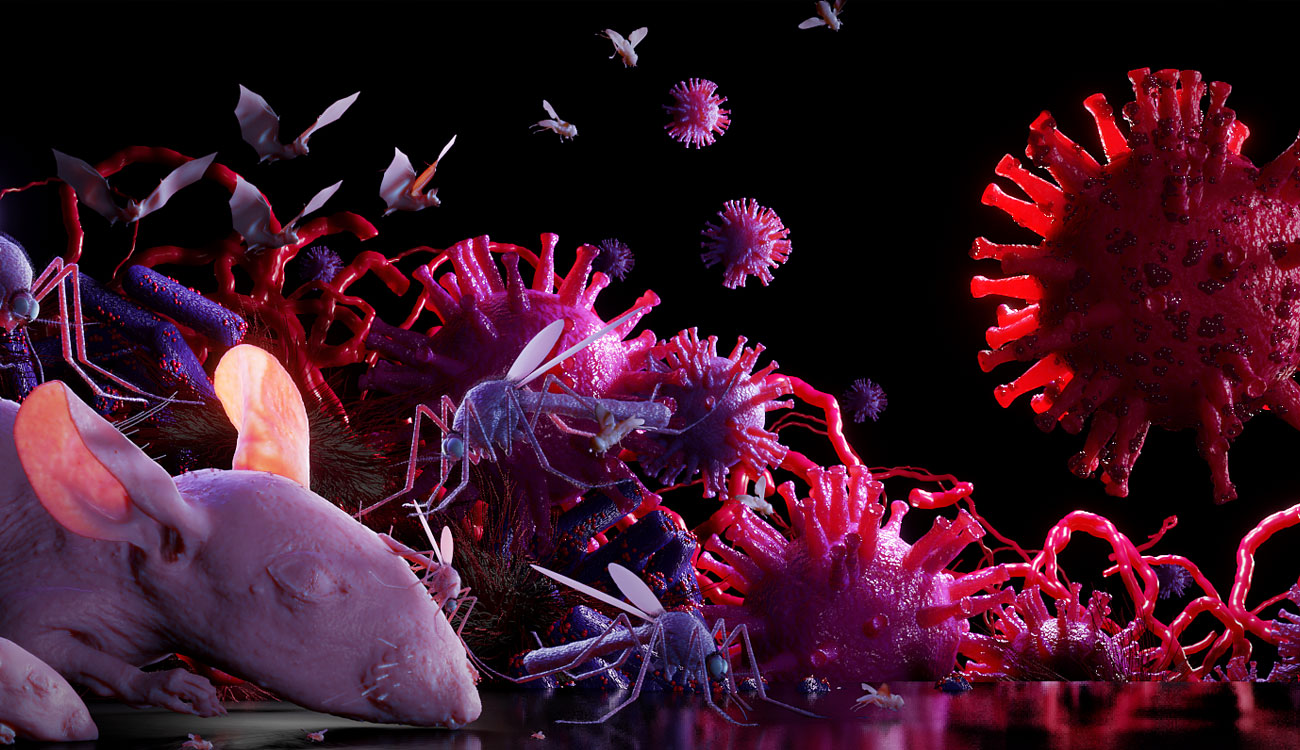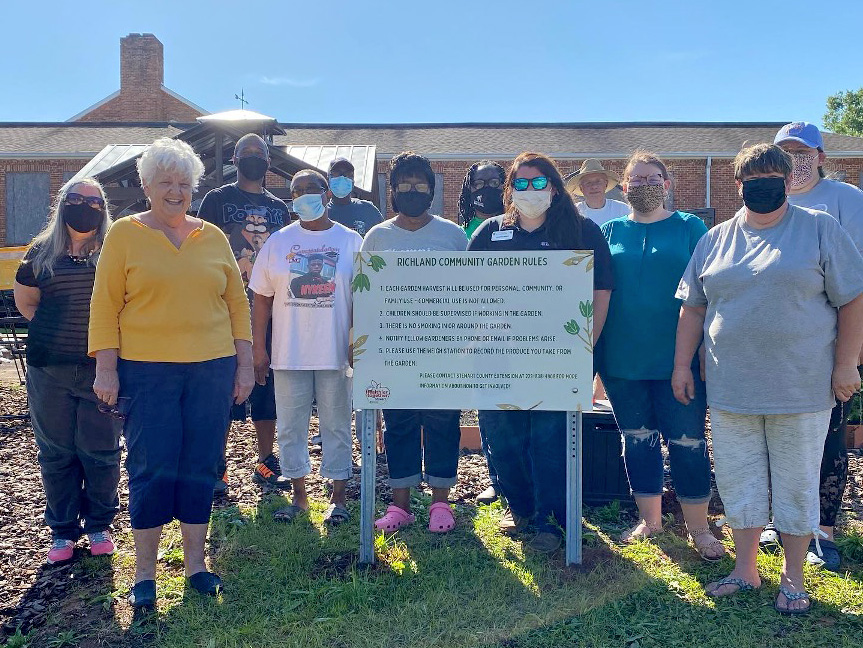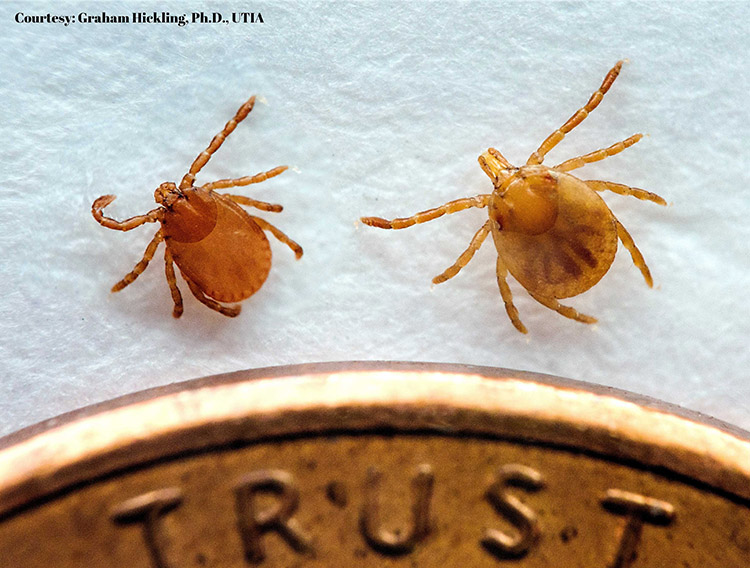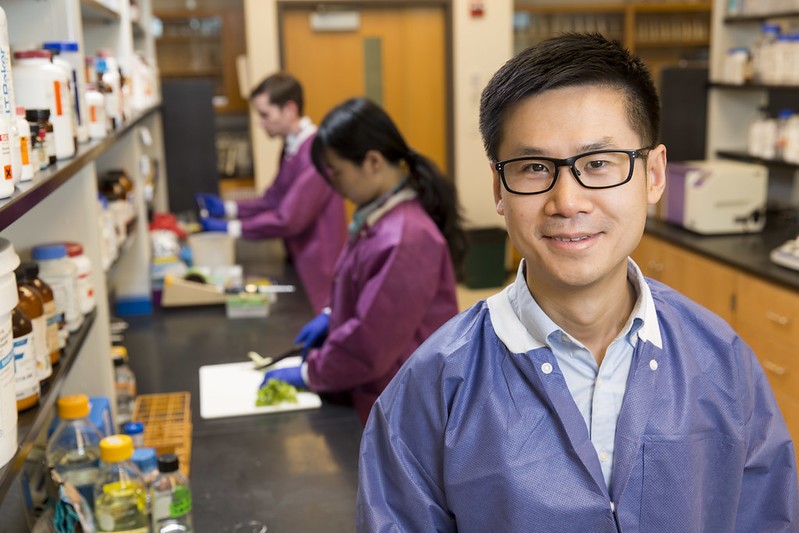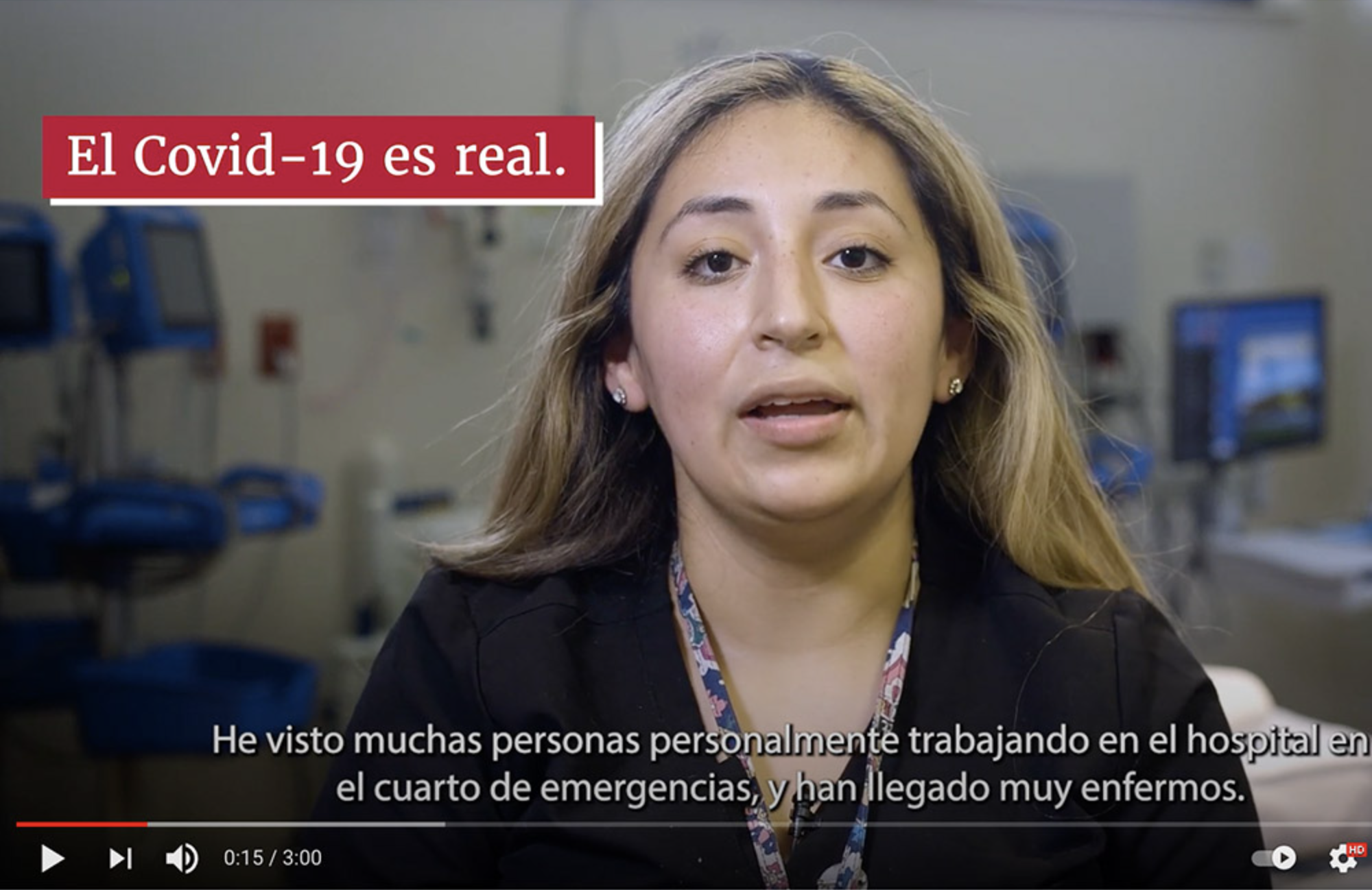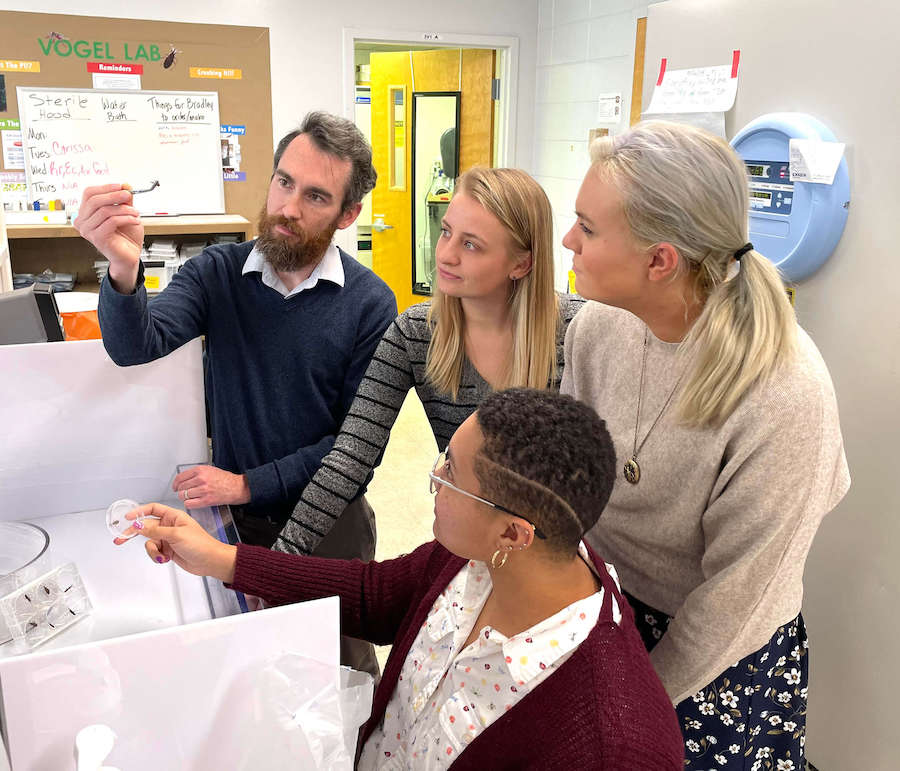 CAES News
CAES News
Chagas Disease
A kiss has such romantic appeal, yet some kisses just end in heartbreak. A smooch from the Rhodnius prolixus, or the blood-sucking “kissing bug,” could be characterized more like the kiss of death — the insect is a primary vector for Chagas disease, a parasitic infection that kills more than 10,000 people annually around the globe. According to the U.S. Centers for Disease Control and Prevention, victims with chronic cases of Chagas can suffer from life-threatening heart or digestive malfunctions.

.png)
.jpg)
